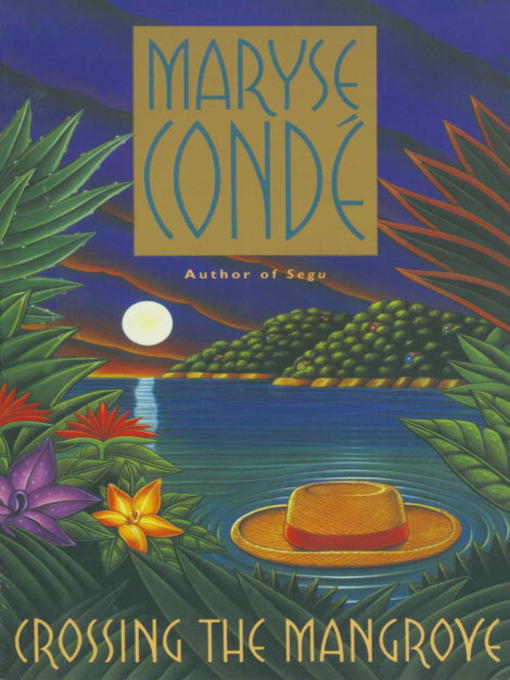
Crossing the Mangrove
کتاب های مرتبط
- اطلاعات
- نقد و بررسی
- دیدگاه کاربران
نقد و بررسی

January 30, 1995
``Perhaps we should weed out from our heads the Guinea grass and quitch grass of our old grudges. Perhaps we should teach our hearts a new beat,'' muses the clairvoyant Mama Sonson as she joins in the curious wake for Francis Sancher, a stranger who died while visiting the French island of Guadeloupe. All the people attending ponder his identity and also his effect on their lives. Was he a writer? Drug dealer? Doctor? Cuban? One thing is certain: Sancher, a handsome mulatto on an island besieged by concerns over skin color, turns everyone's hatreds and passions inside out. Economic woes (dependable sugarcane, sweet relic, has been replaced by banana plantations); political woes (``the torpor of this sterile land that has never managed to produce a revolution''); ethnic woes (French French are viewed as bourgeois buffoons and immigrant Haitians as louts); personal woes (bad marriages, incestuous affairs, unloved children, genetic ailment and tragedy have left no family unscathed): All such recriminations find their way into a wake for a man who has left two town daughters pregnant and whose personal creed was touched more by love than by hatred. Readers will find a range of bitter sadness in Conde's (Segu) vision, and at the same time, they will delight in her descriptions of the ``desecrated cathedral'' of a forest or the ``rough fondling'' of a swimming hole. Conde's unconventional narrative, in which disparate voices take turns mourning or celebrating Sancher, paradoxically risks seeming formulaic, and many of her transitions are self-consciously abrupt, but this rich web of lives has a lush, trembling beauty that seems nearly ready, by the end of the wake, to heed Mama Sonson's desperately needed advice.

March 15, 1995
No one knows where Francis Sancher came from, but when the mysterious doctor dies, all of Riviere au Sel attends his wake. The people of this Guadeloupean village--friends, teachers, lovers, and enemies--recount the rumors, family conflicts, and superstitions that focused on this stranger, and in so doing reveal the wider history of their island culture. Conde, the author of I, Tituba, Black Witch of Salem (LJ 7/92), vividly evokes the complexities of a color caste system pitting Indians against Haitians as well as Creoles against "French French" in a struggle for power and status. A lively translation, liberally spiced with Creole expressions, plunges the reader into this exotic world where secrets well up like springs in the rain forest, and one person's death brings new life to many others. Recommended for special collections as well as general readers.--Paul E. Hutchison, Bellefonte, Pa.

























دیدگاه کاربران